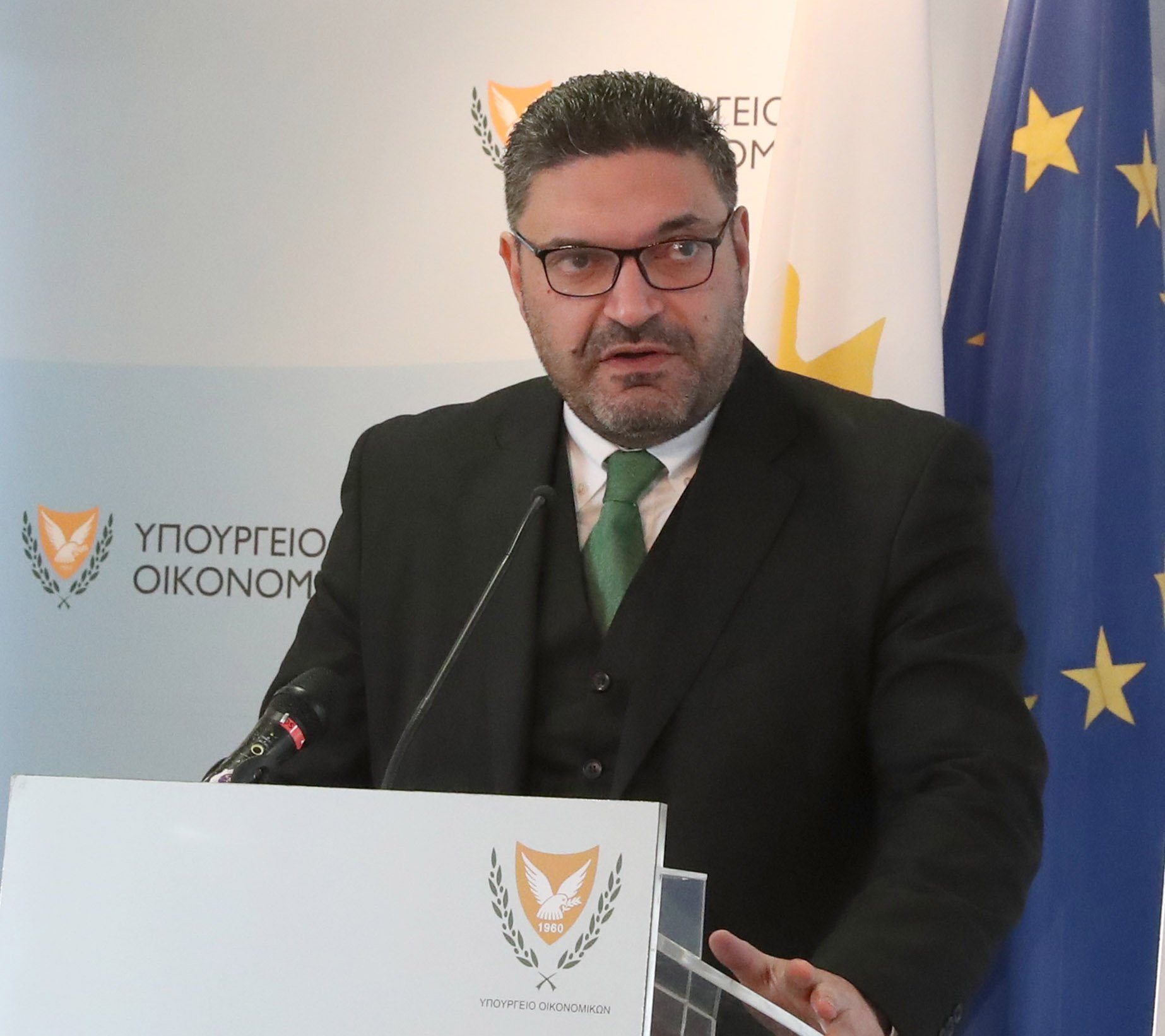FINANCE Minister Constantinos Petrides hopes that the recovery and resilience plan being prepared by the government apart from absorbing close to a billion euros from the EU would also help carry out much-needed reforms of the justice system, education and local government among others.
An amount of €968 million has been allocated for Cyprus by the EU’s Recovery and Resilience Facility, but the release of funds, will depend on the implementation of the country-specific recommendations made by the European Commission. Although Petrides did not see this funding being a gamechanger for the economy’s recovery, he felt it could have other benefits.
“But it could be a gamechanger regarding the sustainability of the recovery and the rationalisation of the Cypriot economy, if, first of all, we manage to absorb the totality of funds, but secondly, and most importantly, if we manage to implement the reforms that come with it,” he told the Cyprus Mail.
“For me, and the way the European Union sees it (recovery fund), is that it will be a catalyst for a more sustainable economy, a greener economy, an economy that will not suffer from the structural distortions that the European economies are suffering,” he said and added: “And that’s why it requires reforms in the civil service, reforms in the taxation system, reforms in the education system, and in local government.”
Most of the government’s attempts at structural reform, over the years have failed, blocked by opposition parties or militant unions. An attempt to reform the civil service, during President Anastasiades’ first term, was rejected by opposition parties as was a proposal for reducing the number of municipalities and rationalizing local government.
Another reform proposal for local government is currently before the legislature but the bills have been radically amended by the parties that also insist the reform is put to a referendum; the whole enterprise could be overturned though, if one municipality votes against it.
Petrides acknowledged the difficulties that would be encountered. “We have an extra challenge in Cyprus, we have a challenge to pass these reforms within this political system, and within this political environment,” he said, but also looked on the positive side.
“We don’t have ideological issues here like we had with the privatisations or other issues that we have faced in the past,” he said, explaining that reform was easier “when there are no political sensitivities.”
There are the unions, however, that see any suggestion of reform as an attack on workers’ rights. The government proposal, in 2018, for increasing the teaching time by one hour per week was a European Commission recommendation that led to a protracted dispute with the teaching unions and the government eventually backed down.
One of the recommendations, regarding the education system, for 2021, is the introduction of a reliable evaluation system of public school teachers, something the teaching unions have been resisting for decades. Education Minister Prodromos Prodromou has already had one meeting on the matter with union bosses but there is some way to go.
The final version of the national recovery and resilience plan, meanwhile, will have to be submitted to the European Commission by the end of April. The government is in a strong negotiating position given that funding that would help the economy is conditional on reforms being implemented and it has engaged in discussions with the political parties in the hope of securing their support.
Meanwhile, in a lecture he gave 10 days ago, Nobel prize winner, Professor Christophoros Pissarides, stressed the great need for reform of the civil service and the justice system – in order to attract foreign investment – but was pessimistic about its prospects.
“I do not have hopes that something could be done in current circumstances,” said Pissarides, pointing out that such reform this would need a lot of work.
Petrides was not so pessimistic, seeing the reform drive as a test. “I think that we will fail as a country if we don’t finally manage to find the minimum consensus In order to pass these reforms,” he said.







Click here to change your cookie preferences